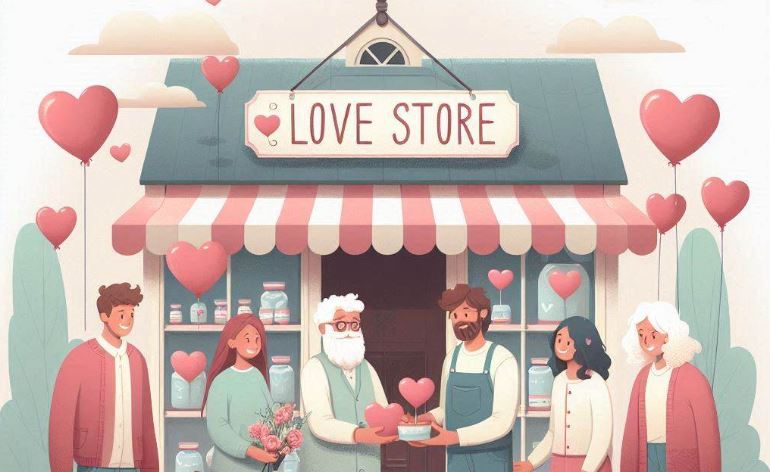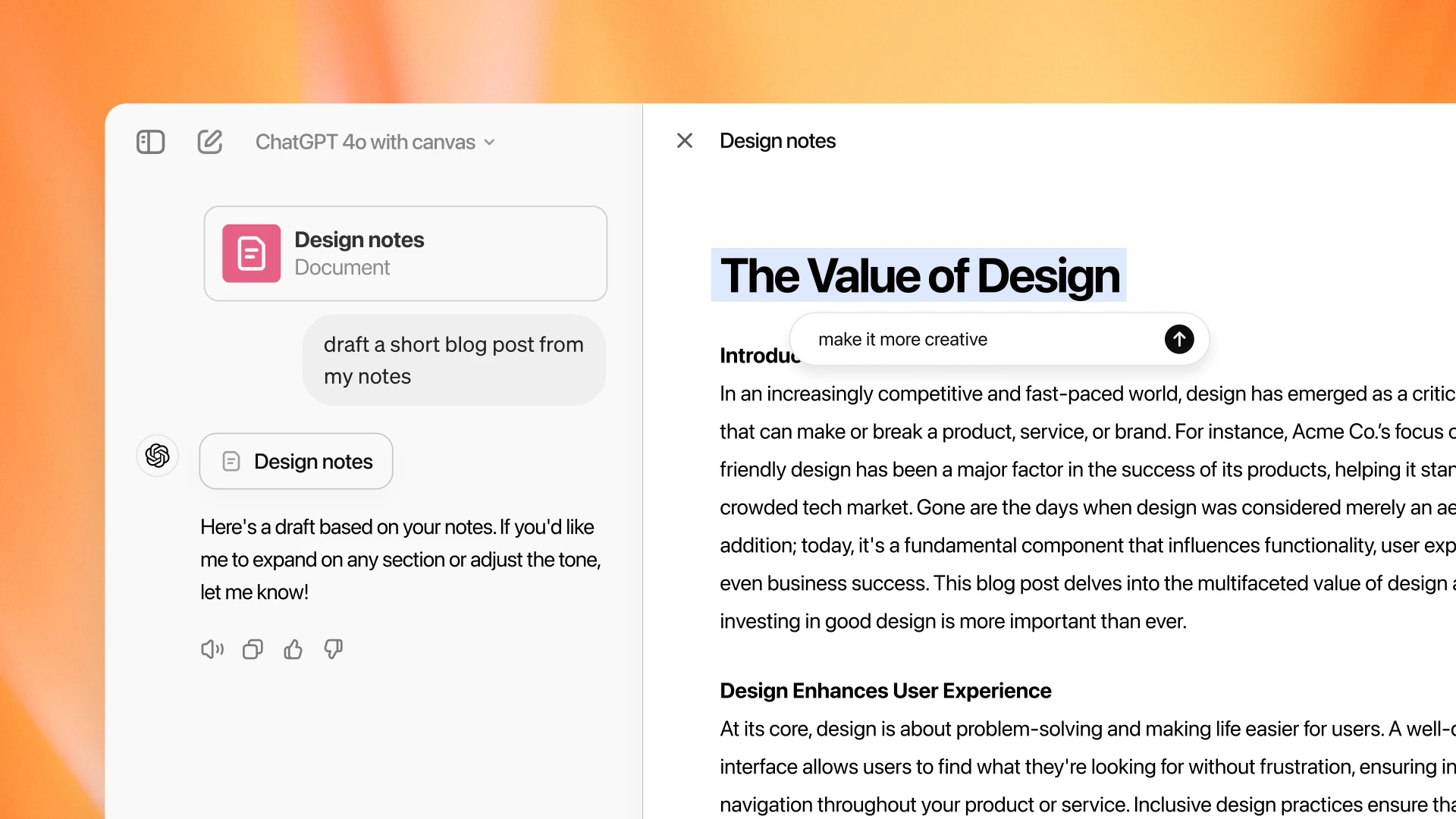Imagine walking into a store and buying love off the shelf. Sounds strange, right? But what if love was a commodity that could be bought and sold on the open market? This thought-provoking idea opens up a world of questions and concerns that are both fascinating and a little bit unsettling.
How Would Love as a Commodity Change Relationships?
Would Genuine Connections Still Exist?
One of the first questions that come to mind is whether genuine connections would still exist if love could be bought and sold. Relationships thrive on mutual affection, shared experiences, and emotional bonds. If love became something you could purchase, it could potentially strip away the authenticity and depth that make relationships meaningful.
Real-Life Example:
Think about online dating apps. While they offer the convenience of finding potential matches, they can sometimes feel transactional. Imagine if this concept extended further, where instead of swiping right, you could just pay for love. Would it be fulfilling, or would it feel hollow?
What Would Be the Economic Impact?
Setting the Price of Love
How would we even begin to set the price of love? The idea of quantifying such a deeply personal and emotional experience in monetary terms is daunting. Factors like demand, availability, and even “quality” of love could come into play, creating a bizarre new market.
Economic Inequality
Another concern is economic inequality. If love were a commodity, only the wealthy might afford the “best” love, while others could be left with less desirable options. This could deepen social divides and create a market where love becomes a status symbol.
Could Love Commodification Affect Mental Health?
Impact on Self-Worth
If love could be bought and sold, it might affect how we perceive our self-worth. People might start to equate their value with their ability to buy or sell love, leading to issues like low self-esteem and depression.
Mental Health Services
On the flip side, the commodification of love could lead to a boom in mental health services. As people grapple with the implications of bought-and-sold love, there might be an increased demand for therapy and counseling to navigate these new emotional landscapes.
Would It Change the Way We Define Love?
Redefining Romantic Norms
The concept of love as a commodity could redefine what we consider romantic. Traditional notions of courtship and partnership might give way to more transactional interactions. This shift could impact everything from how we date to how we view marriage and long-term commitments.
Personal Story:
Imagine a world where anniversary gifts are replaced by receipts for purchased love tokens. Celebrations might become less about shared experiences and more about showcasing the ability to buy affection. Wouldn’t that make romantic gestures lose their charm?
Ethical Concerns and Moral Dilemmas About Love as a Commodity
Is It Ethical to Buy and Sell Love?
The ethical implications of buying and selling love are profound. Love is traditionally viewed as a pure, selfless emotion. Turning it into a commodity raises moral questions about the nature of human connections and the ethics of such transactions.
Consent and Exploitation
There’s also the risk of exploitation. If love were for sale, vulnerable individuals could be manipulated or coerced into selling their affection, leading to potential abuse and exploitation. Ensuring genuine consent in such a market would be a significant challenge.
How Would Society Adapt?
Legal and Regulatory Challenges
If love became a commodity, it would require new laws and regulations. Governments would need to establish frameworks to manage the buying and selling of love, protect consumers, and prevent fraud.
Social Adaptation
Society would also need to adapt culturally. Our collective understanding of relationships, love, and emotional bonds would undergo a significant transformation, potentially altering social norms and expectations.
Bullet Points for Clarity:
- Legal frameworks: Ensuring fair trade, preventing exploitation.
- Cultural shifts: Redefining norms around relationships and love.
- Protection: Safeguarding vulnerable individuals from coercion.
What Are the Potential Benefits of Trading Love?
Access to Love for All
One potential benefit could be increased access to love for those who struggle to find it. People who feel lonely or isolated might find solace in a system where love can be more readily attained.
Economic Growth
The commodification of love could also spur economic growth. New industries and markets would emerge, creating jobs and boosting the economy. However, this benefit would need to be carefully weighed against the potential ethical and emotional costs.
Conclusion: A Double-Edged Sword
Considering love as a commodity that can be bought and sold opens up a Pandora’s box of possibilities. While it might offer some benefits, such as increased access to love and economic growth, the potential downsides—loss of genuine connections, increased inequality, and ethical concerns—are significant. It’s a complex and multifaceted issue that challenges our understanding of one of the most fundamental human experiences.
In the end, while the idea is intriguing, it’s crucial to remember that love’s true value lies in its authenticity and the deep emotional bonds it fosters. Turning it into a commodity might just strip away the very essence that makes it so special. So, maybe it’s best to leave love in the realm of the heart, where it truly belongs.






